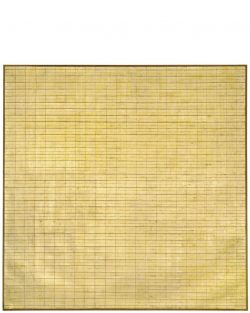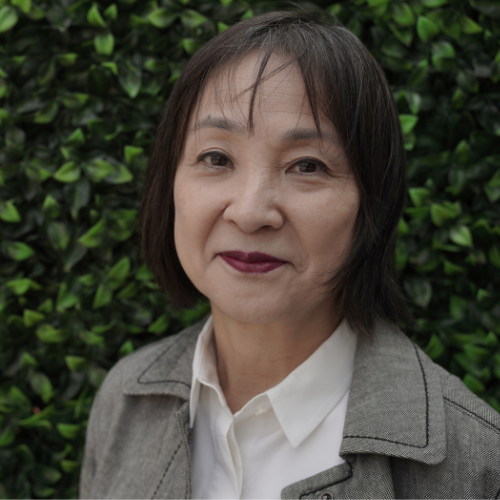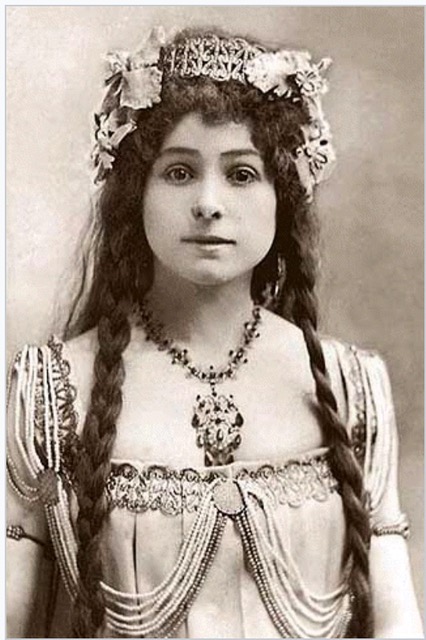Guru Guide
Alexandra David-Néel
The world of Buddhism is ever enriched by psychonauts willing to explore the outer limns and depths and live to tell about it. We enter and muddle about in the realm of the mind. We poke around in the corridors of thought and sensation called consciousness and its vaster twin, unconsciousness.
Some of us are also explorers of our world. We may even go so far as to visit the four corners—but just like exploring the mind, no one covers every inch. The capacity to explore, visit, travel is far outstripped by the riches of the phenomenal world. Still, I am always impressed by anyone who tries—in both cases.
Add being a woman in France at the end of the 19th century to the mix and things get really interesting. Enter French-Belgian explorer and Buddhist, Alexandra David-Néel. Born in 1868 to Republicanist parents in Napoléon III’s France, the family emigrated to Belgium in 1873 to escape the violent horrors of the backslide into monarchical brutality.
By age 15, inspired by the ascetic Catholic saints (although she was raised Huguenot), Alexandra was demonstrating an interest in spiritual practices such as mortification of the flesh. She would sit still for very long periods of time, attempting to transcend mortal concerns and commune with God beyond mere thought.
She longed to travel and her parents, although liberal, were not so free-thinking that they would allow a child (and a girl) to venture alone to lands such as England (where she wished to go because she knew, even then, that learning English would be a passport to the world) and beyond. So she ran away. She got as far as the Netherlands before returning home for lack of funds.
Alexandra finally made it to London, as well as many other European countries, by age 18, where she studied with the infamous Madame Blavatsky. That association, naturally, led her to an interest in anarchy and feminism. In 1889, she officially converted to Buddhism (which seems to have been the act of declaring herself one) and soon after, at age 21, returned to Paris to study Sanskrit and Tibetan.
Her parents were experiencing the financial difficulty of waiting for a wealthy parent to die so she agreed to help out by becoming the first singer of the Hanoi Opera House from 1895—1897. She was, as well as being an wanderlustful kook, a gifted musician and singer. This also offered her the opportunity to see Indochina, far from home. It seemed that she was going to live as an opera singer, moving from season to season, all over the world when, in 1900, she met her future husband, Phillipe Néel in Tunisia.
They married in 1904 and lived in various middle eastern countries until 1911, when she travelled back to India (for a third time) to continue her intellectual and spiritual practices. She promised Phillipe she would be away for nineteen months. Fourteen years later, she returned from what can only be described as one of the greatest documented journeys by any western human in the 20th century.
Alexandra arrived in Sikkim and soon met crowned princes, Tibetan lamas, and other great spiritual masters. The friendships made led her to the 13th Dalai Lama in exile in Bengal. He was already acutely aware that China intended to invade and eventually destroy Tibet. The Dalai Lama supported her study and encouraged her to learn more Tibetan, as well as practice long retreats. She followed his advice, mastering at least some of the Six Yogas of Naropa, including dream yoga and tummo (raising the core temperature of the body to survive freezing conditions). In her writings about this time, much of what she described was dismissed as the fanciful fabrications of an impressionable woman until later anthropologists and the Tibetan diaspora confirmed that her descriptions of accomplished practices were accurate.
After two years of rigorous practice, she finally made the long-anticipated trek to Tibet. This journey was in spite of the closed borders and that both India and the British colonial authorities forbade travel of any kind by westerners to the country. She snuck over with the help of a Tibetan lama who would travel with her for much of the rest of her life and was received by the Panchen Lama (title for the high lama who recognizes the next reincarnation of the Dalai Lama). Upon engaging in a dharma exchange with her, the Panchen Lama offered her the equivalent of a doctorate in Tibetan Buddhism. She returned to Sikkim and was officially barred from ever entering Tibet again.
Obviously not one to be deterred from terranaut adventures in aid of psychonaut insights, Alexandra travelled across China to Japan and on to Korea and Mongolia. She then slipped back into Tibet unnoticed, where she went into retreat from 1918 to 1921. In the retreat, she translated the Prajnaparamita sutras into French and English. After this arduous undertaking, she disguised herself as a Tibetan to avoid being discovered by authorities and travelled extensively through the Himalayas until she finally landed in Lhasa, the capital of Tibet. Here, she was finally out of money, exhausted, and tired of the possibility of being turned in so she borrowed from a friend and made the slow journey back to France (Tibetan lama in tow) to reunite with her husband. Which they did. For five days. At which point, they agreed to amicably separate.
In 1927, she published My Journey to Lhasa and in 1929, Magicians and Mystics in Tibet. She would go on to write twenty-seven more books on Buddhism and Tibet. At sixty-nine (in 1937), she decided to return to Tibet for a five-year retreat and stayed on in the east until 1946. She returned to France where she lived out the rest of her very long life (she died at 100) writing and practicing many forms of Tibetan Buddhist meditation.
In the later years of her life and even beyond her death, there were journalists and academics who accused her of exaggerating and downright fabricating some of what happened in her travels and practice career. While we cannot know if every moment of her writings is true, many of the details she was accused of making up were later verified by persons who knew her at that time, or lamas who taught her or had studied beside her, or western anthropologists confirming that, indeed, what she claimed happened in Tibet, did, indeed, happen in Tibet.
We can be grateful for whatever undauntable power drove the psychonaut-terranaut extraordinaire, Alexandra David-Néel, to travel the east in search of the riches of the mind. And grateful to her for being willing to toss aside barriers such as class, era, gender, geographical location and societal expectations in favour of voracious curiosity. Without paths torn up before us, most of us would find it very difficult to do the work. Those who are first deserve homage and wonder. The strength it takes is unimaginable.






6 Comments
Dear Crystal,
Thank you so much for introducing me to this amazing incredible and fantastic woman! After reading your beautifully written piece I had to do more research to find out more about her. I ordered the book by Ruth Middleton. Is that a good source to learn more about her?
Thank you again for your great work with the OHP,
Love,
Catherine
Your article leaves me grateful, enthused, inspired. (And noticing how personal and confusing inspiration can be.)
So grateful for the recent emergence of women’s histories, and for your lovely piece here on the determined Alexandra. Homage and wonder, indeed. <3
Today’s synchronicity: I’m re-reading Evangeline Walton’s retelling of Welsh mythology. She justifies a certain plot twist with the footnote “See Mme. Alexandra David-Neel’s ‘Magic and Mystery in Tibet’.” Two days ago, my eyes would not have been snagged by that then-unfamiliar name…
Where is the movie of this woman’s life, written and directed by a powerful woman director? In very good hands, her life would make an amazing movie. I need to check out this book by Ruth Middleton….
I learned of the great Mrs. Alexandria David-Neel while reading “Lands of Lost Borders” written by Kate Harris in 2018. She is a modern day explorer of the Silk Road that was inspired by Alexandria. They are both miles ahead of me.